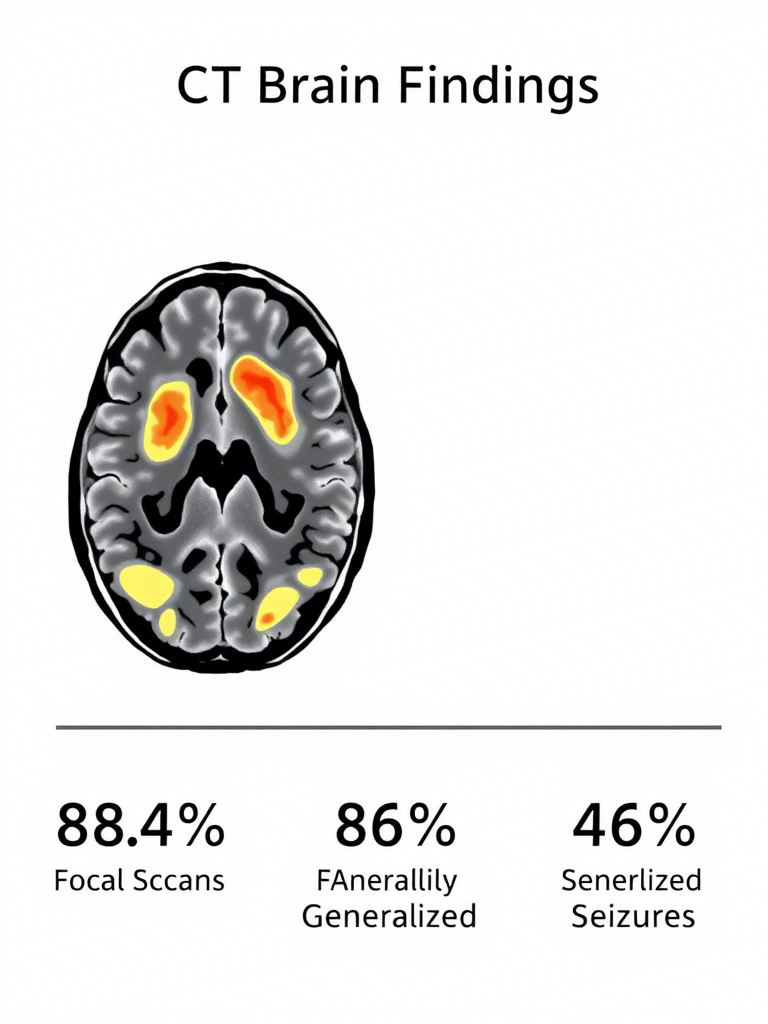The Sodium Trap: Investigating Hidden Hyponatremia in Heart Failure Patients on Chronic Diuretics
Daniel Foster¹, Olivia Bennett², Michael Reid³, Emily Harper⁴
Keywords:
emergency laparotomy, reoperation, CRP, surgical complications, inflammatory markersAbstract
Abstract:
Background: Hyponatremia is a common complication in patients with chronic heart failure (CHF), yet mild and asymptomatic cases are often overlooked. This study explores the prevalence, predictors, and outcomes of subclinical hyponatremia in CHF patients on long-term diuretic therapy.
Methods: A cross-sectional study was conducted in three teaching hospitals in Saudi Arabia from 2022 to 2024. A total of 502 CHF patients on loop diuretics were enrolled. Serum sodium levels, diuretic dosages, ejection fraction, NYHA classification, and 6-month readmission rates were analyzed. Hyponatremia was classified as mild (130–134 mmol/L), moderate (125–129), and severe (<125).
Results: Subclinical hyponatremia (130–134 mmol/L) was found in 39.6% of patients. Moderate and severe hyponatremia were identified in 14.3% and 4.1%, respectively. Higher furosemide dose (>80 mg/day) and NYHA class III/IV were independently associated with sodium <130 (OR = 2.92, p < 0.001). Patients with sodium <130 had a 2.5-fold higher risk of 6-month readmission (HR = 2.51, p = 0.008).
Conclusion: Subclinical hyponatremia is highly prevalent and clinically relevant among CHF patients on diuretics. Routine sodium monitoring and dose adjustment strategies may reduce readmission and improve functional outcomes.
Downloads





